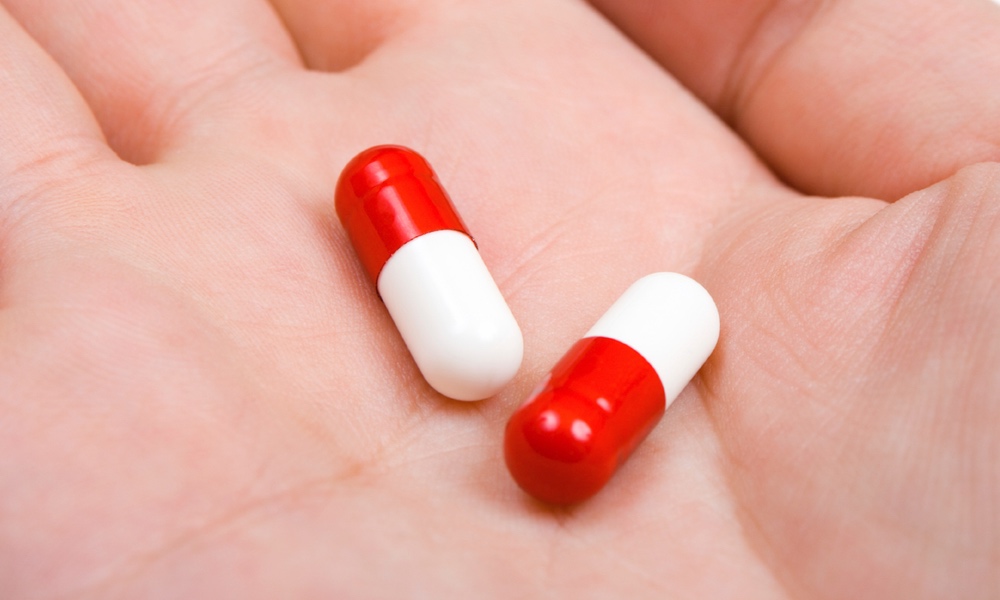Many people who are on blood thinners are also taking over-the-counter medications or dietary supplements. It's understandable that people with irregular heartbeats also need other drugs at times, but the combination can be dangerous.
A look at California residents who were prescribed the drug apixaban (Eliquis) found that virtually all of them were also taking OTC medications or a supplement. About a third were using products daily or frequently that had potentially serious interactions with apixaban, most often aspirin.
Aspirin and some other products, when taken along with apixaban, increase the risk of serious bleeding. A few products, such as St. John's wort, decrease apixaban's effectiveness.Dietary supplements that can also potentially increase bleeding risk include herbal teas, turmeric, gingko biloba and ginger.
But it does have its own set of drug interactions, some of which are serious.
In this University of California study, 791 patients who had been prescribed apixaban were asked about how often they also took aspirin, ibuprofen/naproxen, acetaminophen or 13 common dietary supplements, including fish oil, ginger, herbal teas and Chinese herbs such as ginseng.
Aspirin, other NSAIDs and SSRIs such as Prozac are medications known to increase the risk of bleeding. Dietary supplements that can also potentially increase bleeding risk include herbal teas, turmeric, gingko biloba and ginger.
In this study, aspirin was the most common product of concern taken frequently by atixaban users, followed by turmeric and herbal teas.
Yes, patients should tell their doctors about any supplements that they are taking. But the information in this study suggests that it may necessary for doctors to ask.
An article on the study appears in the Journal of the American Geriatric Society.





